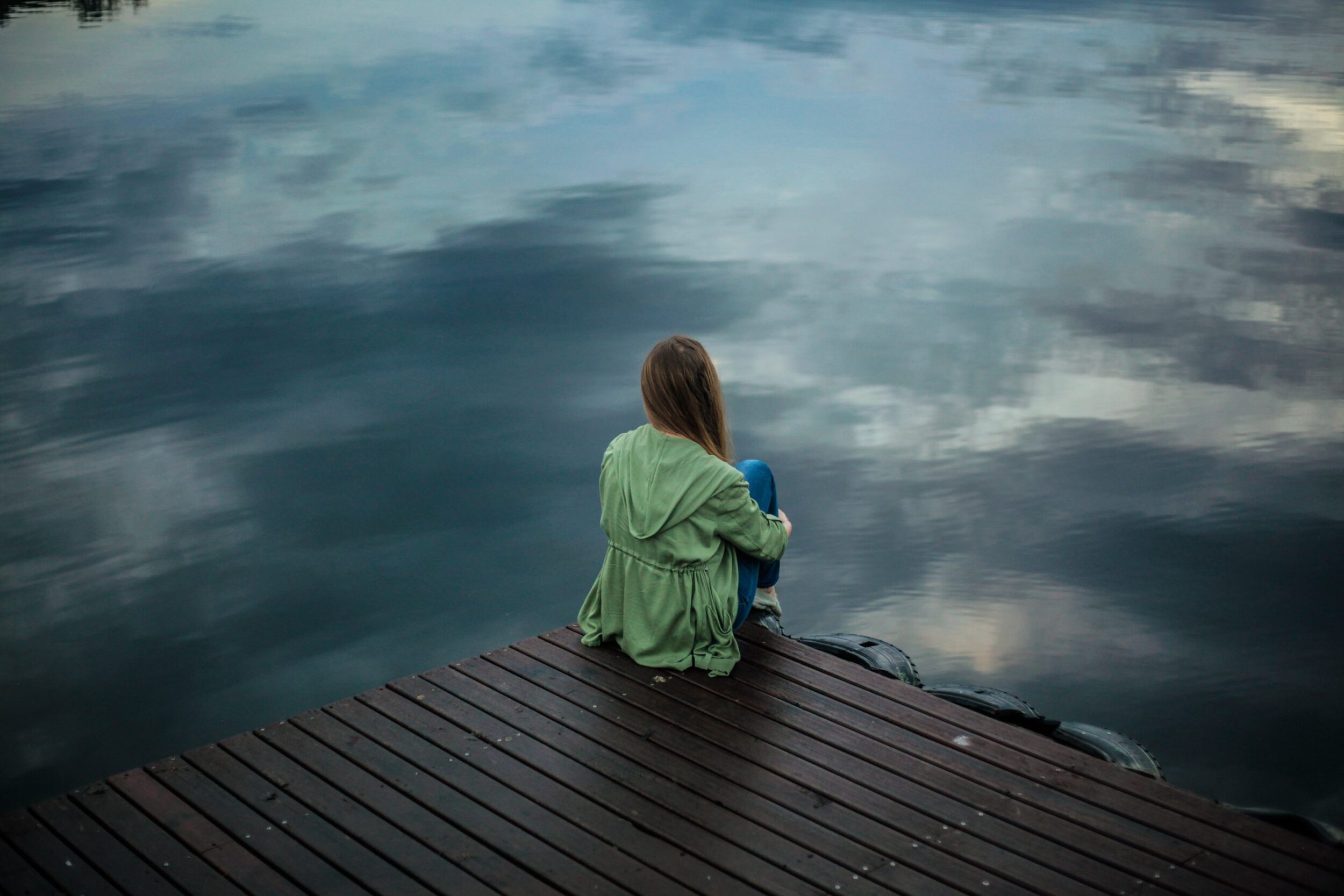Sometimes it’s difficult to distinguish between feelings like sadness or loneliness and depression. If you’re feeling down but don’t know if you’re depressed, Dr. Jane Rubin has some ideas about how to tell the difference.
Is There A Difference Between Loneliness, Sadness, and Depression?
There is. If you’re feeling sad or lonely, your feelings are usually temporary. That doesn’t mean they’ll only last a few minutes or a few days, but they’re generally time-limited. Even more importantly, they’re usually based on external circumstances. If you’re feeling lonely and a friend calls and invites you out to dinner, your loneliness will probably dissipate. If you’re feeling sad because of a recent loss, or if you’re experiencing grief, those feelings can last for a long time, but they run their course if you allow yourself to experience them fully.
Depression is different. To me, the main characteristic of depression is that it causes people to feel hopeless. They feel that nothing will ever get better and that, in fact, nothing ever has been better. That stands in sharp contrast to grief, for example. When we’re grieving, we’re grieving precisely because things were better when the person we’re grieving was still with us. We may feel that things will never be the same without them, but that usually doesn’t translate into a feeling of complete hopelessness.
Do You Think People Try To Avoid These Feelings?
I do. I’ve been told that Buddhists have a saying that “what we resist, persists.” I generally think that’s true in the realm of feelings. The more we try to repress negative feelings, the more they hang on. Our resistance gives them a power they wouldn’t otherwise have.
That’s not to say that emotions like loneliness and sadness aren’t painful. They are. But, if we think we can’t tolerate them, we give them more power than they actually have.
Also, feelings like sadness, loneliness and, certainly, grief are an inevitable part of life. No one can escape them. So, being able to experience them, and to be resilient in the face of them, is crucial to being able to have a healthy emotional life.
How Do You Tell the Difference Between Depression and These Other Emotions?
Unlike loneliness or sadness, depression is not an inevitable part of life. Some people are constitutionally more prone to depression than others. Other people become depressed when they’re experiencing an extreme and unforeseen situation, such as being diagnosed with a life-threatening illness. But not everyone will experience depression at some point in their lives.
If you feel that you might be depressed, I think it’s always worth asking yourself whether you think you’re responding to a specific life situation or whether your feelings seem to come out of nowhere. This can be confusing. People suffering depression often attribute their mood to life circumstances though it’s actually more biologically based. But the question is worth asking because, if you’re feeling down and you can’t locate any reason for your feelings, it’s more likely that you are experiencing depression.
What Other Ways Can People Recognize Depression?
Some people experience physical symptoms of depression, such as insomnia or hypersomnia, changes in appetite, or a feeling of depletion and lack of energy. Some people lose interest in activities that usually engage them. Many people become irritable. Many people become self-critical and blame themselves for their depression.
Certainly, if you’ve been feeling down, you don’t understand why, and the things you’re doing to try to feel better aren’t working, it’s worth meeting with a therapist to see if you’re experiencing depression. Still, regardless of depression, it is often helpful to talk to someone. Many people grew up in families where strong emotions were intolerable. For example, your parents may have needed you to always feel happy in order for them to feel like good parents. If you feel overwhelmed or frightened by emotions like sadness or loneliness, therapy can help you feel more comfortable with them.
Over the years, I’ve seen many people in my practice who felt undeserving of therapy. They believed their problems weren’t “serious” enough. You don’t have to have a diagnosable mental health issue, such as depression, to benefit from therapy. If you’re feeling sad or lonely, and you’re having difficulty understanding your feelings, therapy can help you feel stronger and more resilient.
Are you asking, “Am I depressed?” Please click to learn more about depression therapy and treatment with Jane Rubin, Ph.D.
Jane Rubin, Ph.D., is a clinical psychologist in Berkeley, California. She works with individuals in Berkeley, Oakland, the East Bay and the greater San Francisco Bay Area who are struggling with depression and anxiety. She also specializes in working with people who are trying to find meaning and direction in their lives.


